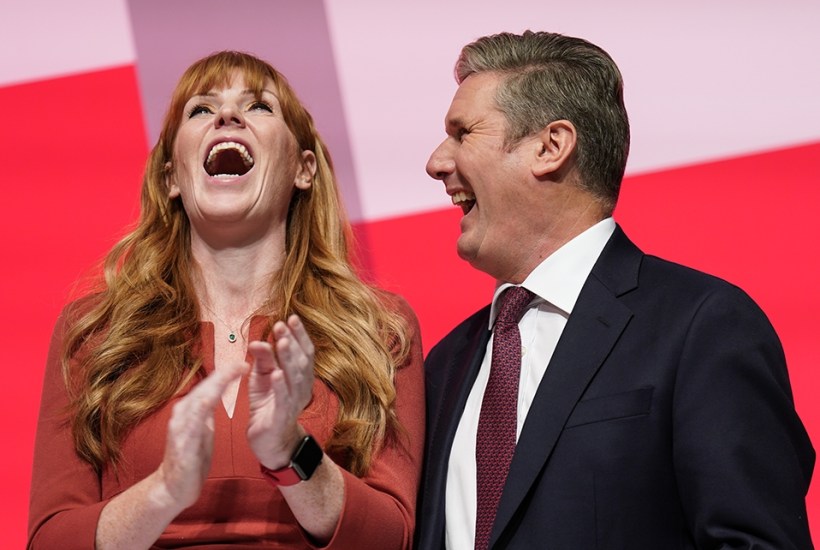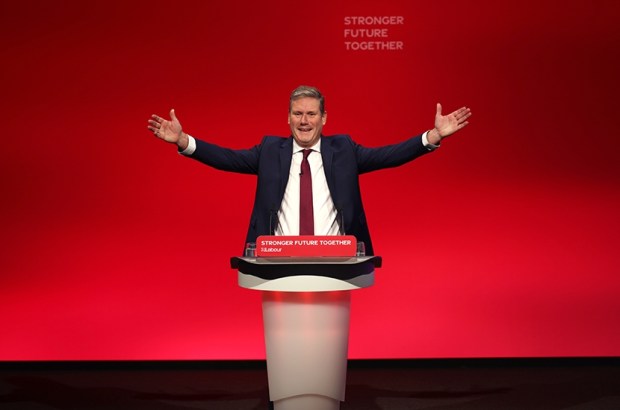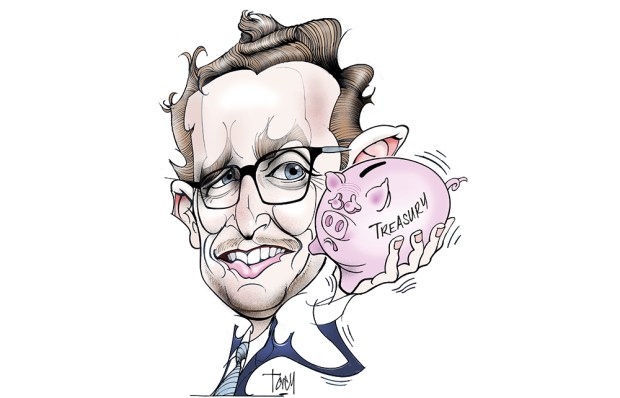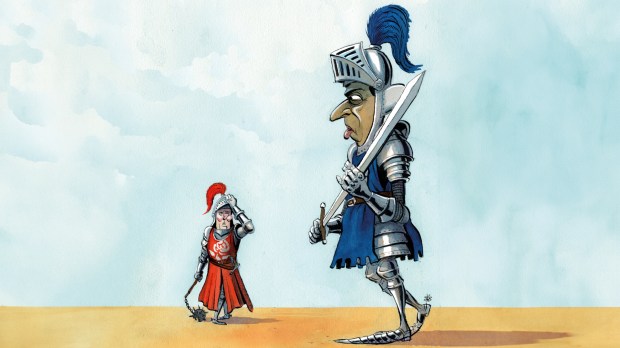When Liz Truss scheduled her mini-Budget for the Friday before Labour conference, there was concern in Keir Starmer’s office. After months of meticulous planning, Starmer’s team feared the new Tory government would use their event to upstage his and distract from the party’s annual gathering in Liverpool. They were right to think that Kwasi Kwarteng’s statement would dominate the headlines; what they didn’t realise was that this would work entirely to their advantage.
Already a subscriber? Log in
Subscribe for just $2 a week
Try a month of The Spectator Australia absolutely free and without commitment. Not only that but – if you choose to continue – you’ll pay just $2 a week for your first year.
- Unlimited access to spectator.com.au and app
- The weekly edition on the Spectator Australia app
- Spectator podcasts and newsletters
- Full access to spectator.co.uk
Or
Unlock this article
You might disagree with half of it, but you’ll enjoy reading all of it. Try your first month for free, then just $2 a week for the remainder of your first year.














Comments
Don't miss out
Join the conversation with other Spectator Australia readers. Subscribe to leave a comment.
SUBSCRIBEAlready a subscriber? Log in